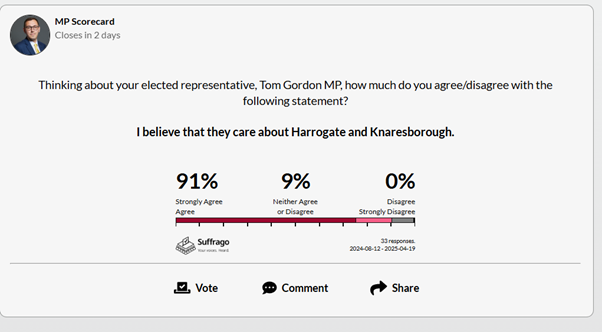This morning, after feeding our insatiable Labrador—whose pet insurance costs more than many people’s monthly food budget—I wandered to my local coffee shop for my daily caffeine fix. All the while, Peter Singer’s philosophy gnawed away at me: What is my obligation to the world’s poorest?
Singer’s famous thought experiment is simple:
Imagine a child drowning in a pond. To save them, you’d ruin your expensive clothes, but you’d be a hero. Do you hesitate? Of course not. Yet the same money it takes to replace those swanky clothes could save many lives in sub-Saharan Africa. So, why do we act to save the nearby child, but usually ignore children in faraway lands?
And it’s not just money—it’s time. If we/me truly valued human life, we’d spend more of our time earning money in order to save more lives. People like Bill Gates and Warren Buffett—pledging billions to effective charities—are perhaps maximally ethical, embodying Seneca’s belief that the wise seek wealth not for themselves but for the good they can do.
But most of us—very much including me—opt for leisure and indulgence over earning to save lives. We rationalise our choices, applauding small acts like buying ethical coffee. But let’s be honest: we/me aren’t saving lives. We/me tell ourselves that many of our actions are ethical, but in reality they are not. For example, buying locally-sourced, organic meat (which I eat) – at double the cost – will be good for the local farmer – sure – and reduces carbon emissions, but that extra cost could be used to buy a mosquito net.
If aliens landed, they’d marvel at our progress but denigrate our priorities. “You could save millions of people,” they’d say, “but instead you spend it on dog food and lattes.” And they’d be right. It seems to me that we all know about this delusion, but we go on regardless, for it is simply too challenging to live in any other way.
I/we could do much more. Let’s face it, I am unethical. Mercifully, charities like The Life You Can Save make it easy to direct our resources where they save the most lives, recommending charities which have the lowest administrative costs per life saved. If we genuinely cared, that’s where our/my time, energy, and money would go.









